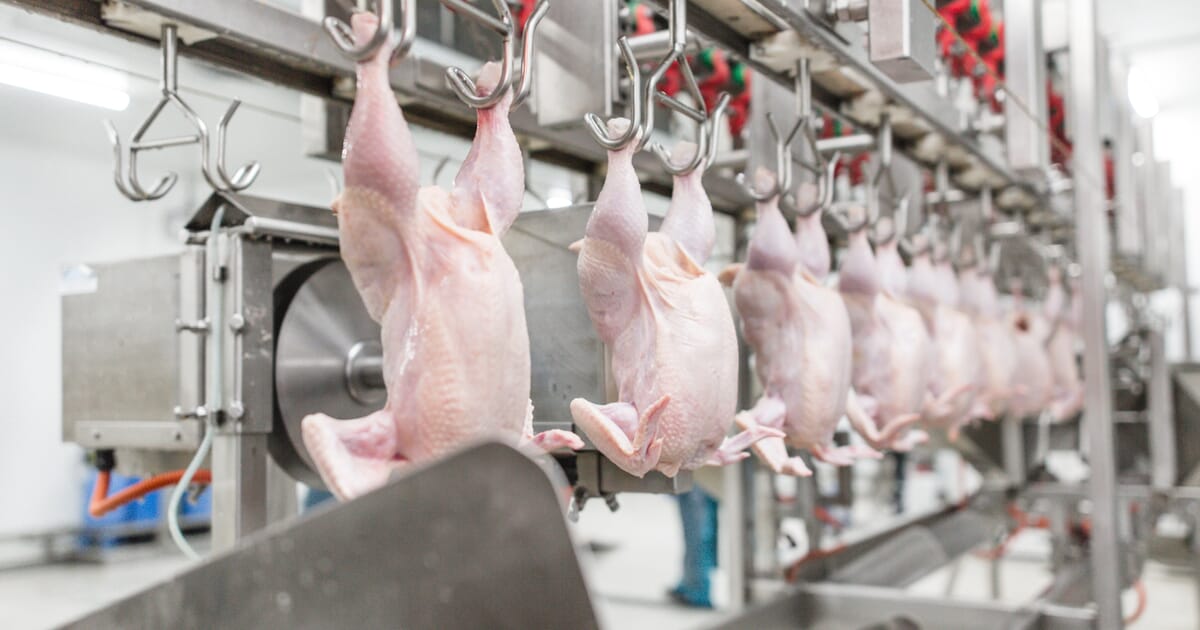- The United States has vowed to provide $500 million to meat and chicken processors, Tom Vilsack, Secretary of Agriculture, stated on July 9
- The investment, drawn from a 1.9-trillion US dollar crisis assistance package, will be offered to meat processing businesses through loan and grant mechanisms to strengthen supply chains and increase the sector’s competitiveness
- At the same time, a Biden executive order mandates the Department of Agriculture to prevent “abusive practices of some meat processors,” in addition to encouraging increased competition
The United States has vowed to provide $500 million to meat and chicken processors, Tom Vilsack, Secretary of Agriculture, stated on July 9 in response to limitations put in place on the purchase of meat to avert panic buying in 2020.
The investment, drawn from a new $1.9-trillion crisis assistance package, will be offered to meat processing businesses through loan and grant mechanisms to strengthen supply chains and increase the sector’s competitiveness, the agriculture secretary noted during an Iowa news conference.
At the same time, a Biden executive order mandates the Department of Agriculture to prevent “abusive practices of some meat processors,” in addition to encouraging increased competition.
Cattlemen have expressed their dismay over the small number of processing firms that purchase livestock to be turned into beef, thereby oftentimes leaving farmers with no choice but to agree to the sole bid received for their animals.
Vilsack pointed out that ranchers were often pushed to the brink of having to sell their livestock at losses, even as processing firms profited from beef sales to the public.
“It seems to me, in fairness, profits ought to go both ways,” Vilsack stated.
The wholesale meat industry was increasingly scrutinized following the temporary shuttering of slaughterhouses when the coronavirus pandemic struck in the wake of the workforce falling ill.
In the event of the closure of large processing firms, a supply constraint is inevitable, while cattlemen are left with livestock intended for slaughtering. This results in cattle prices usually dropping, even as meat prices soar at stores.



